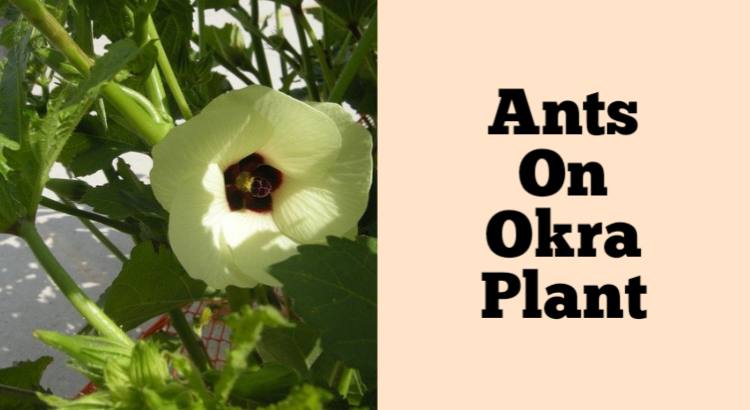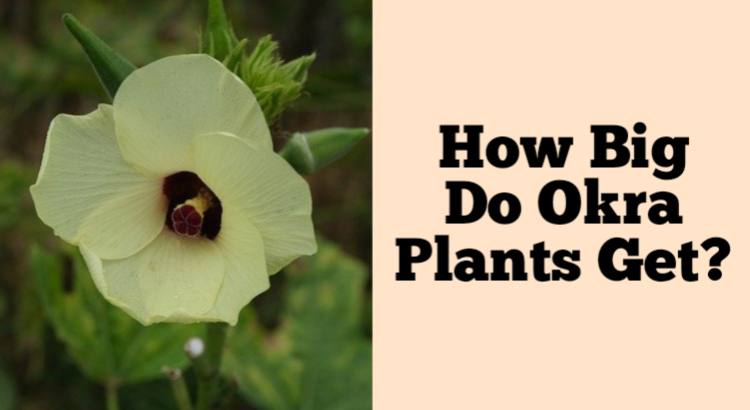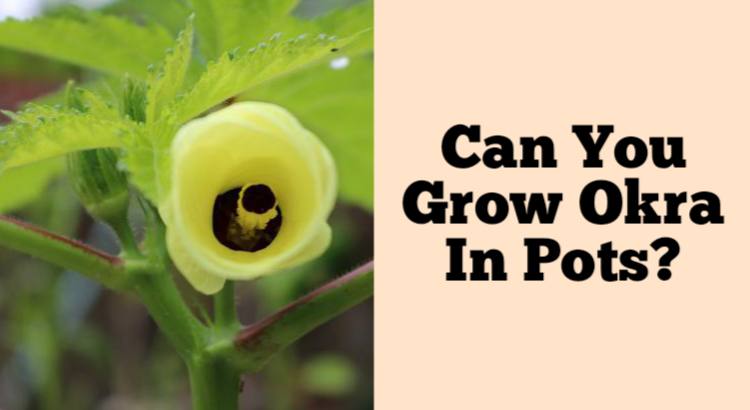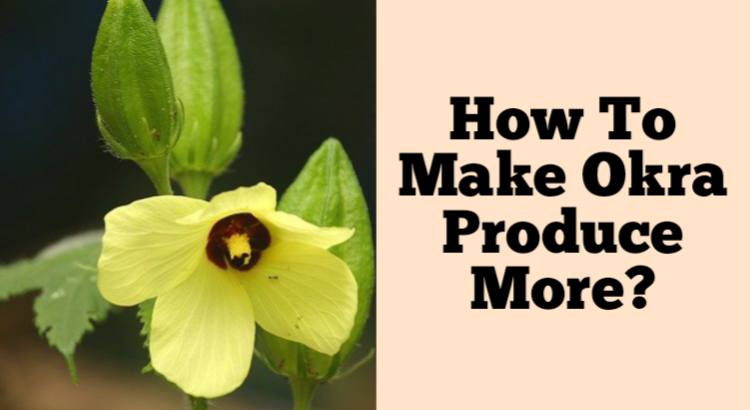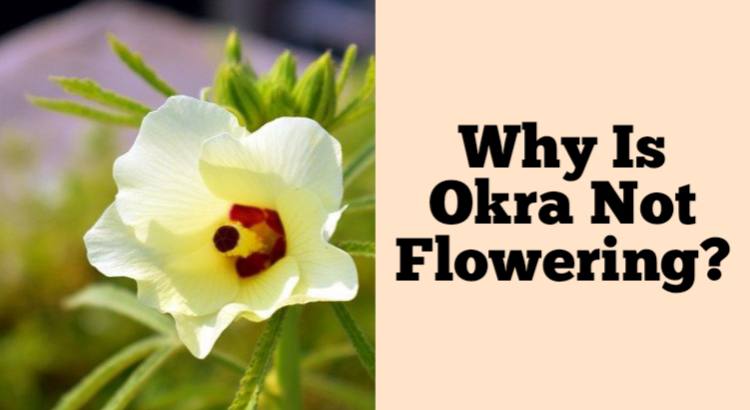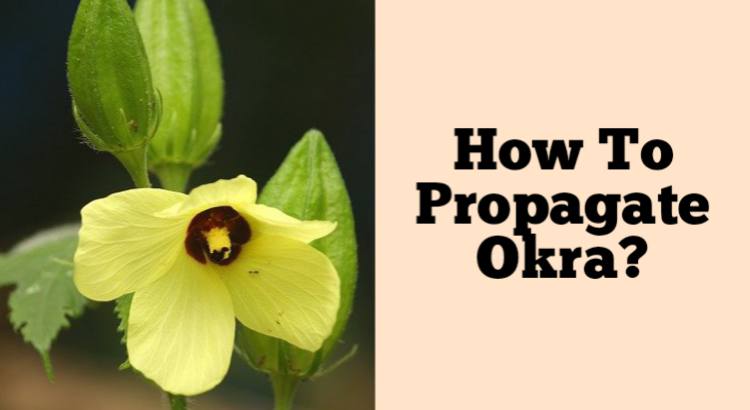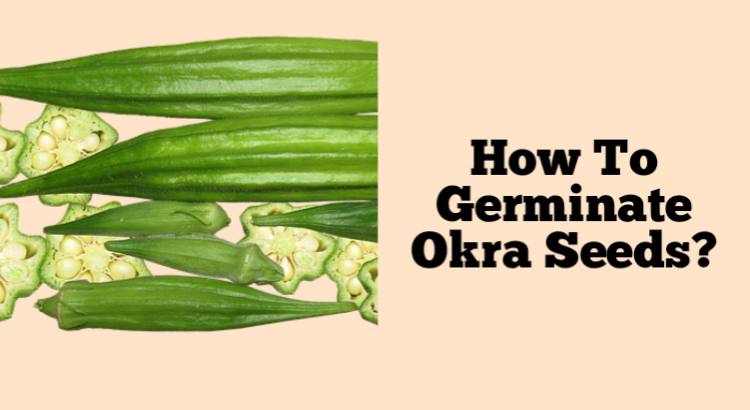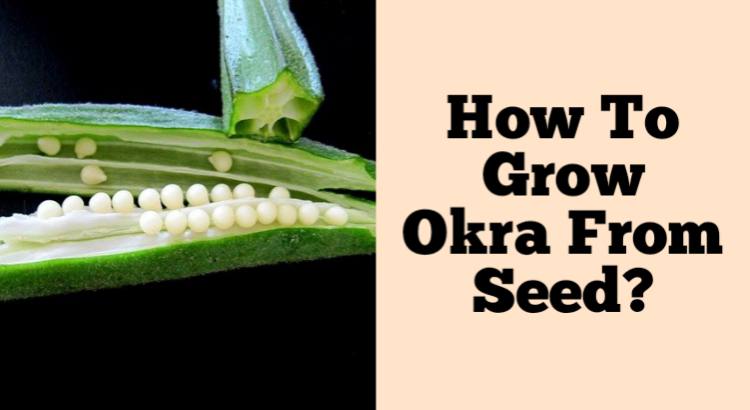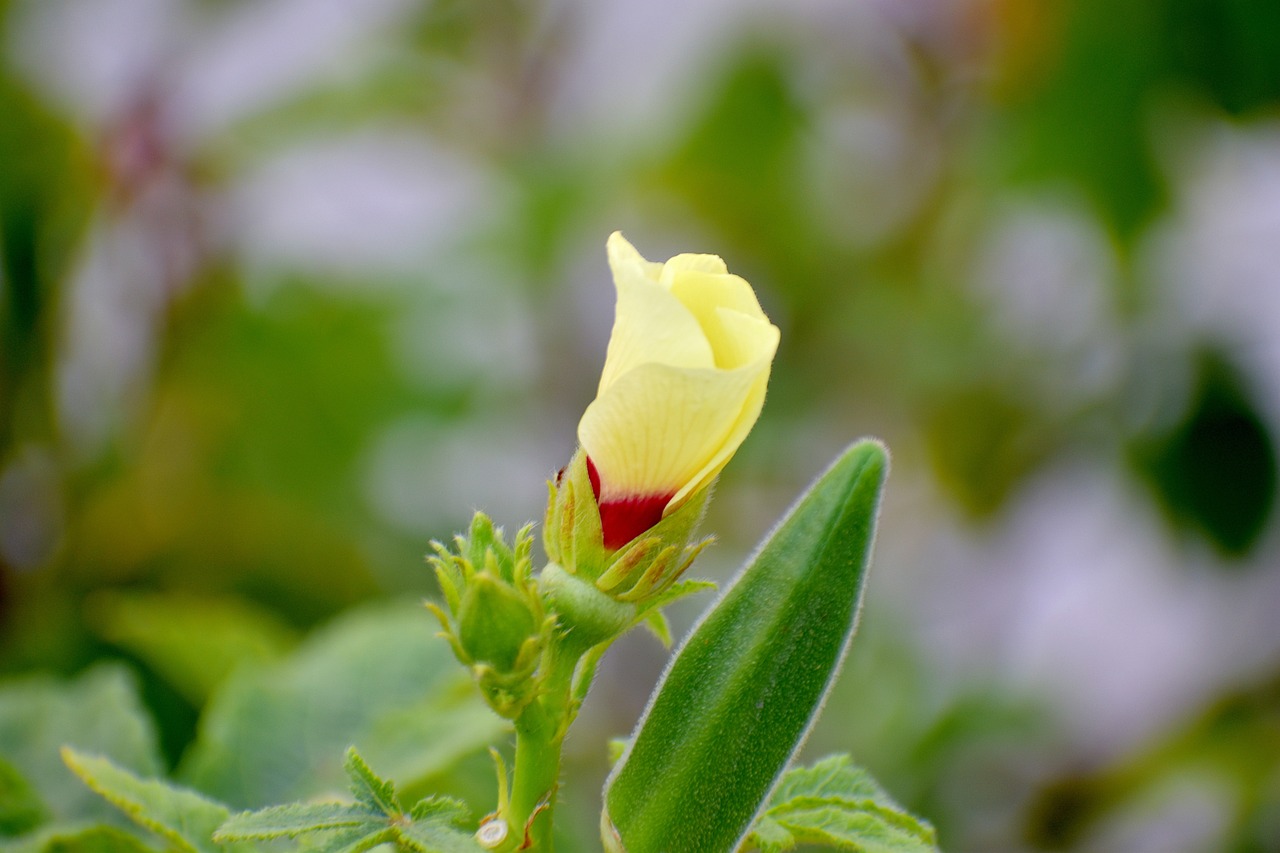How To Keep Off Ants On Okra Plant?
There’s a way to keep ants off your okra plants. While there are a few different methods you can use, we recommend using a combination of methods to keep those pesky ants away. Why Are Ants Attracted to Okra Plants? You may be wondering why ants are attracted to your okra plants. After all, they’re … Read more

